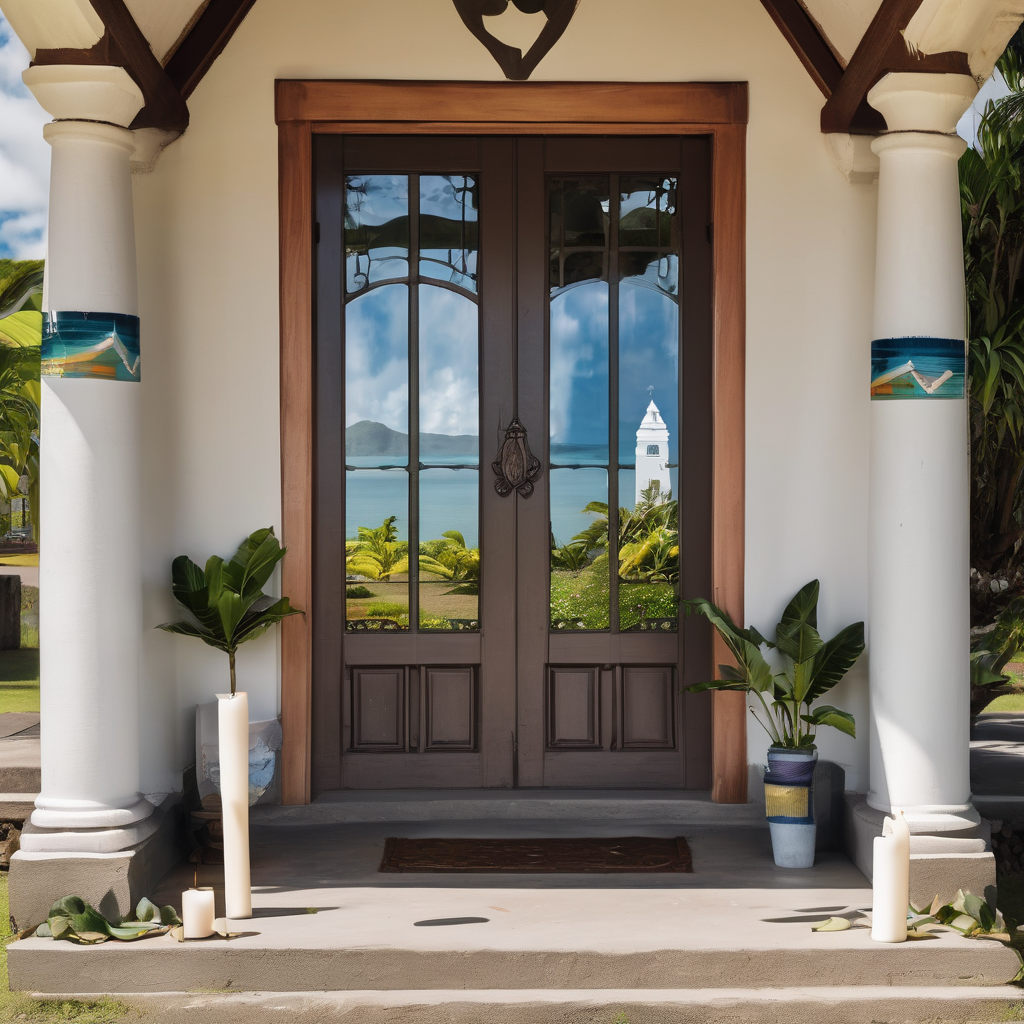A Fijian church, Apologia Reformed Baptist Church, has taken a firm stance against abortion, reaffirming their position through a demonstration held recently in Suva. Led by Pastor Wayne Areki, the church has vocalized their beliefs, emphasizing their view that abortion is sinful and should be prohibited based on their interpretation of Christian doctrine.
During the demonstration, church members handed out informational pamphlets and engaged with the public to explain their perspective, which is rooted in the belief in the sanctity of life. Pastor Areki stated that according to their religious beliefs, ending a pregnancy equates to murder, a violation of divine law. However, he also mentioned that people who have had abortions can seek forgiveness through faith in Christ and reiterated the church’s commitment to supporting pregnant women through alternatives to abortion.
In an effort to provide tangible support, the church is collaborating with partner churches to offer systems of aid for single mothers and widows. This includes financial assistance, emotional support, and counseling services. “We believe the church should be at the forefront of caring for the vulnerable and less fortunate,” Areki explained, underlining their mission to extend care to those in need.
Despite the church’s efforts, their stance has not been universally accepted. An anonymous individual, Seini, expressed concerns that religious perspectives should not dominate the conversation about abortion, advocating for personal choice in such matters. The Fiji Women’s Crisis Centre (FWCC) shares a similar belief, promoting the decriminalization of abortion to allow for safer procedures and greater autonomy for women over their own bodies.
Fijian law currently allows abortions under specific conditions, such as when the pregnancy poses a threat to the mother’s life or health, and in cases of rape, incest, or sexual abuse. Pastor Areki acknowledged the severity of these crimes but argued that they do not justify abortion. The church plans to continue their advocacy against abortion with another demonstration planned for later this month.
The ongoing debate underscores deep societal and cultural divides over the issue of abortion in Fiji, reflecting a wider global discourse on reproductive rights. As advocacy on both sides continues to unfold, the conversation remains a complex tapestry of faith, ethics, law, and personal freedom.
